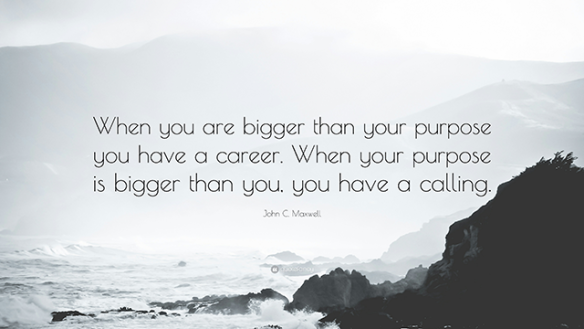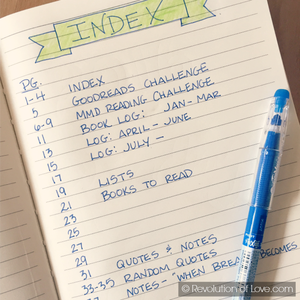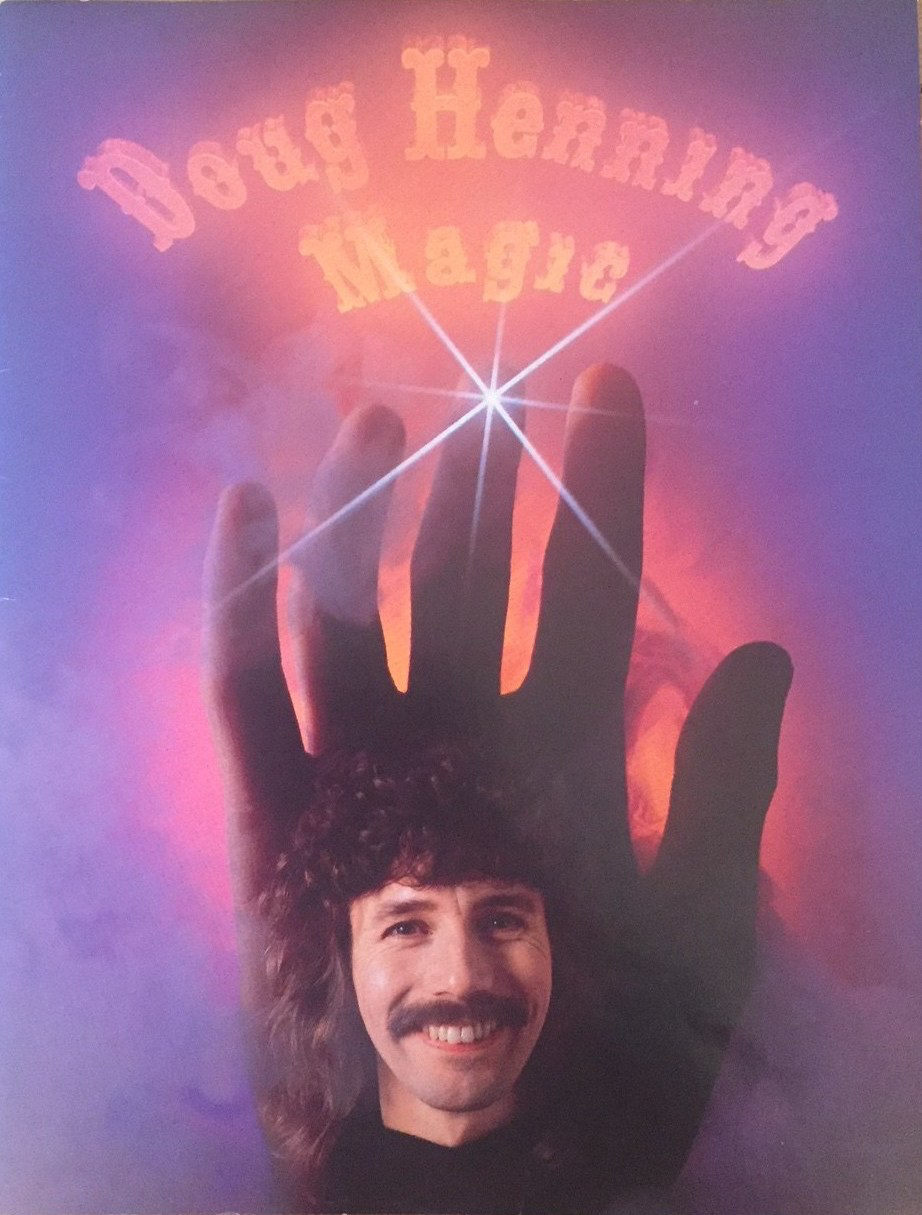
“So, what do you do?”
I don’t like that question. We all ask it as a relatively benign conversation starter, but it still makes me cringe a little. It’s not that I’m not proud of what I do, but so often the moment I tell people that I’m a doctor, they assume that I’m rich or pretentious, or that they suddenly have a segue to some free medical advice.
“Oh, you’re a doctor hey? Pleased to meet you … so, uh, can you have a quick look at this mole on my neck?”
It’s interesting that we treat someone’s occupation as the second most important thing to know about them after their name, and it shows how subliminally important our occupations are to us.
And I think that’s largely to do with the personal and social value of purpose.
It’s starts from childhood doesn’t it? “When I grow up, I want to be …”
“I want to do nothing with my life” said no kindergarten child ever. Our subject choices in through high school, and out decisions after high school, to go to University or join the military, or taking a job in a trade, come down to what we want to do, to what we want to be. We all want to be someone, to do something. We all aspire to a life of meaning through purpose, because deep down, having a life which makes a difference is much more rewarding to us than having a life than means nothing.
Happiness is someone to love like we discussed yesterday, but happiness is also something to do.
It’s well known that long-term unemployment is associated with poorer physical and mental health outcomes including increased stress and isolation, depression and anxiety, heart disease and a myriad of other illnesses.
By contrast, according to research done at Deakin University, engaging in activities that provided a sense of purpose was strongly associated with wellbeing. It could be paid employment although in order to increase wellbeing, the employment had to provide more than just financial security. However, any activity that provided purpose tended to increase wellbeing, such as volunteering or being a part of a club like Rotary.
Knowing what we know about joy, it’s easy to see why engaging in activities which give purpose to life also increases our joy. Like having someone to love, having something to do that provides purpose usually involves committed action to our values, incorporating psychological flexibility, kindness, giving, moving, learning laughing … the list goes on.
There are several keys to ensuring that what we do is truly purposeful, and thus provides the greatest opportunity for joy to flourish
First, “It’s not about you.” This was the first sentence in Rick Warren’s phenomenally successful book, “Forty Days of Purpose”. True purpose in life goes beyond our needs and aims to fulfil the needs of others. This is a reflection of the true interdependency of the human race. We’re social creatures by design. We can survive independently, but we thrive collectively. We’re at our most successful when we’re dependent on each other and we work together. If we focus only on ourselves and our own needs, we fail to connect with others, and we miss out on the benefits of living in community.
Second, your purpose is inseparable from your values. As we’ve talked about several times in the last month, our values are integral to living a life rich in meaning and joy. Values reflect what is most important in the deepest part of ourselves that we can access. Our values provide us with direction. If our true purpose is going to enrich our lives and enhance our joy, then it will always be built on and synchronised with our deepest values. If your purpose and your values don’t align, then you need to reconsider either or both.
There are lots of other interesting and insightful explorations of purpose in the blogosphere but I don’t want to be over-prescriptive about it. Our own individual purpose in life is as unique to use as our fingerprints. So long as we commit the best of ourselves to being part of something bigger than ourselves.
Or as George Bernard Shaw wrote, “This is the true joy in life, the being used for a purpose recognized by yourself as a mighty one; the being thoroughly worn out before you are thrown on the scrap heap; the being a force of Nature instead of a feverish selfish little clod of ailments and grievances complaining that the world will not devote itself to making you happy.”
Advertisements Share this:




